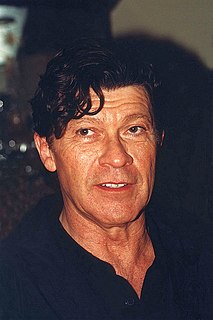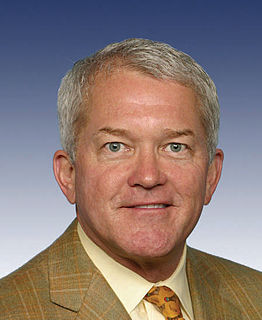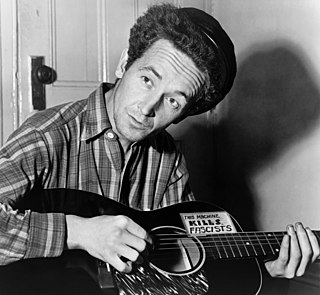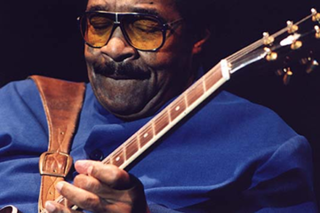A Quote by Nina Easton
Unless engineers can stop southern Louisiana from sinking into the Gulf - the Mississippi Delta is the fastest-disappearing land on the planet - even post-Katrina's modernized levees will be overwhelmed.
Related Quotes
I am fascinated by the places that music comes from, like fife-and-drum blues from southern Mississippi or Cajun music out of Lafayette, Louisiana, shape-note singing, old harp singing from the mountains - I love that stuff. It's like the beginning of rock and roll: something comes down from the hills, and something comes up from the delta.
Hurricane Katrina overwhelmed levees and exploded the conventional wisdom about a shared American prosperity, exposing a group of people so poor they didn't have $50 for a bus ticket out of town. If we want to learn something from this disaster, the lesson ought to be: America's poor deserve better than this.
. . . the upsurge of Spirit is the only plausible way to stop the ecological destruction of our planet. Even people who have no interest in a communal solution to the distortions in our lives will have to face up [to] this ecological reality. Unless we transform our relationship with nature, we will destroy the preconditions for human life on this planet.
After Hurricane Katrina, many people said that the levees were not as effective as the natural vegetation that had been removed at the coast. So that means as we develop these seaside land masses, we need to have enough knowledge to not regret in the future. We know that the US government is literally buying these lands back to allow them to be rehabilitated.

































